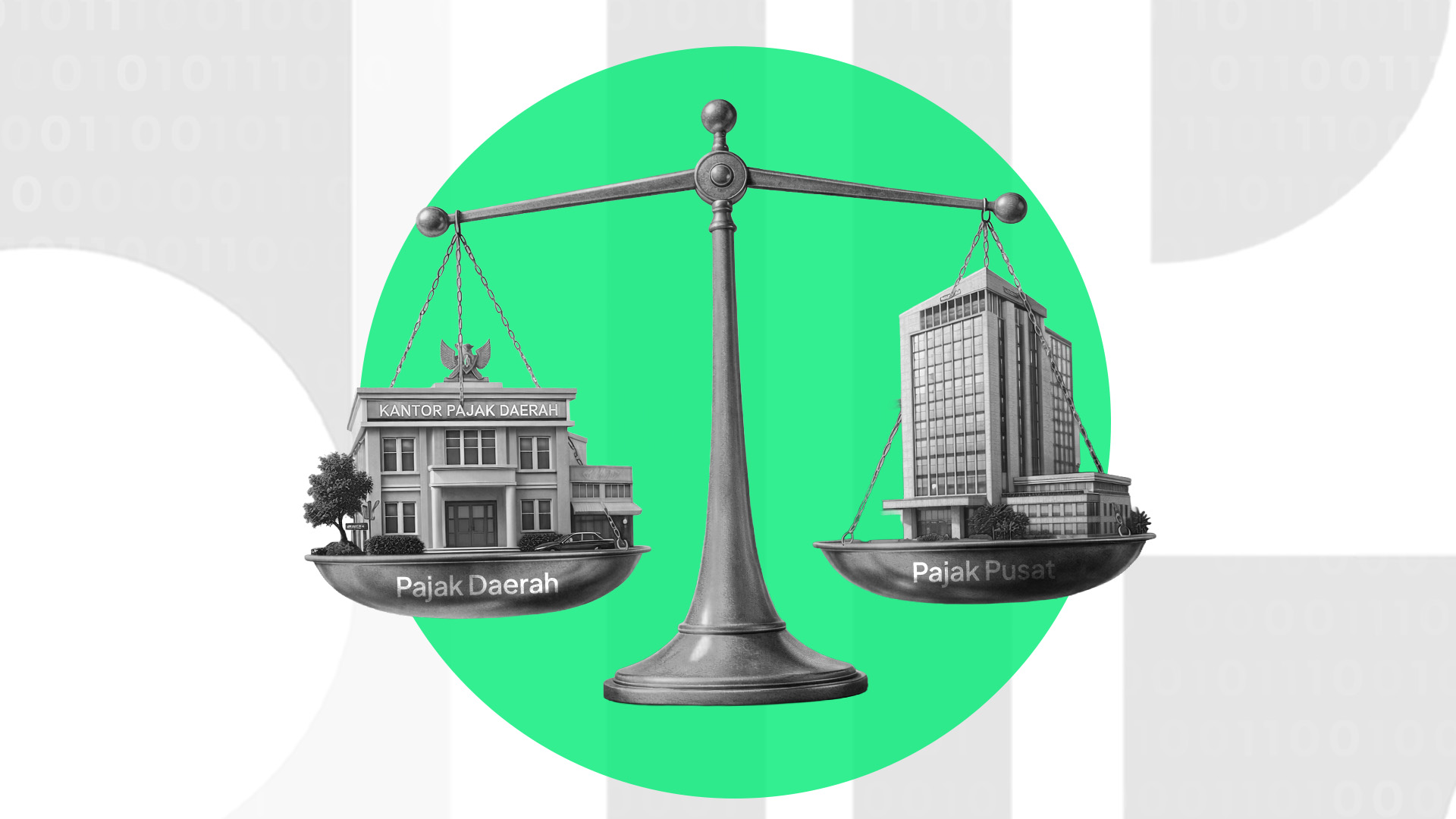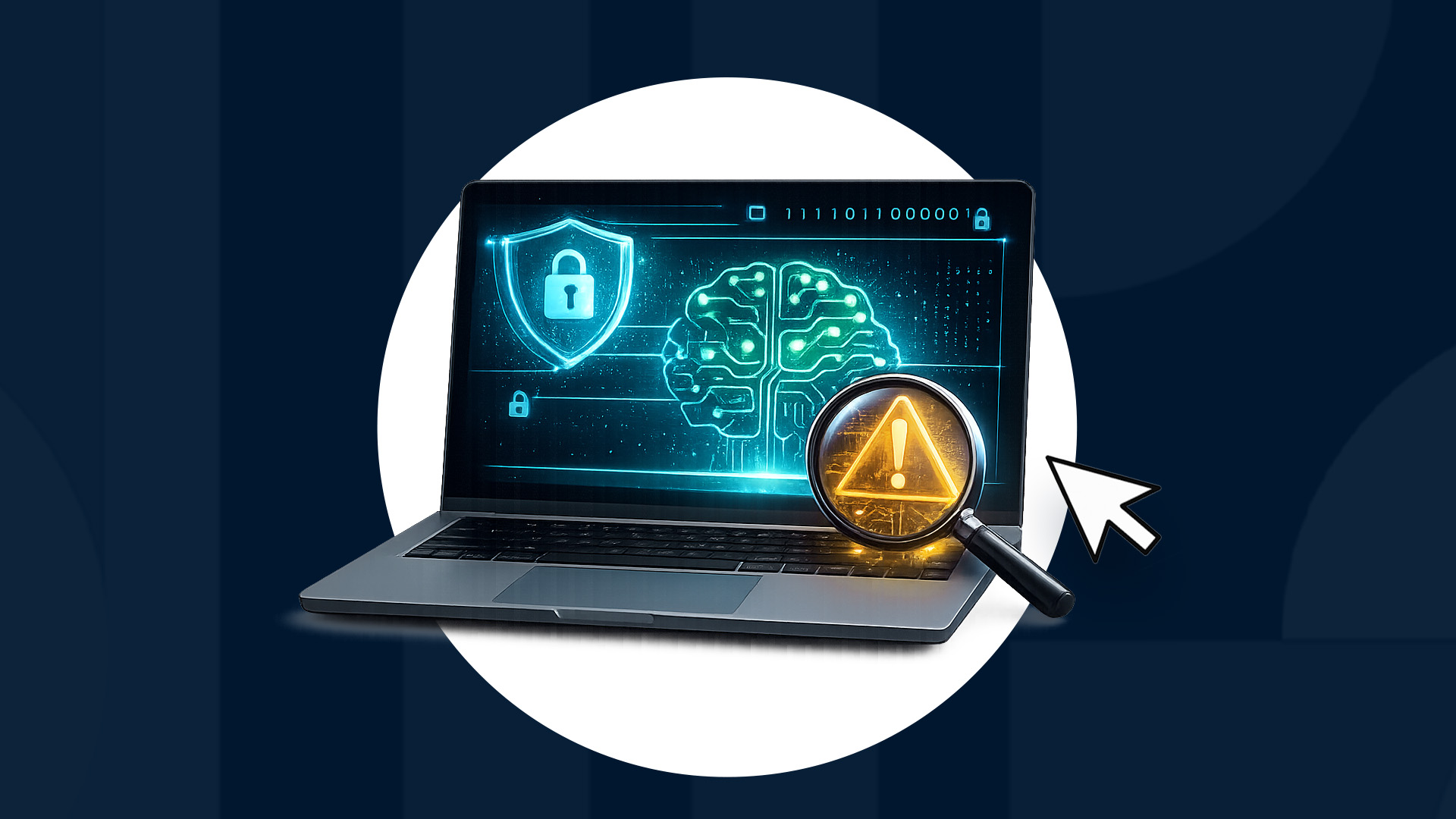The Role of Digital Signatures in Indonesia
Digital signatures are nothing new. They have been widely accepted and used in many countries around the world for several years. These days, the technology is gaining popularity in Indonesia and has been widely used by companies, agencies, and individuals for signing important official documents, especially during the current pandemic.
Many companies have turned to digital signatures to save time and costs, so that business activities or companies can continue to run and develop despite the prevailing situation and conditions. As well as large companies, many MSMEs also use digital signatures as part of their digitization efforts.
Types of Documents That Can Be Signed Electronically
Electronic documents and digital signatures can be widely applied to business transactions as well as personal use in countries around the world. Many business documents can be signed digitally, including:
-
Offering letter
-
New employee recruitment document
-
Employee policy updates
-
Cooperation agreement
-
Employment contract
-
Sales form
-
Order form
-
Residential transactions
-
Account opening documents
-
Insurance policy registration and claim forms
Be sure to check with applicable laws about what types of documents can be signed digitally, as each country may have different policies.
Digital Signature Security
More than one billion users worldwide are comfortable signing documents with digital signatures. Although digital-signature technology is considered to provide many benefits for document validation, the technology is still riddled with doubt. One of them is whether digital signatures are recognized as valid in the eyes of applicable law, especially in Indonesia. Here is the explanation.
Legal Basis for Digital Signatures in Indonesia
In various countries, there are separate rules governing the procedure for using digital signatures. Indonesia has various regulations that explain the legality and validity of digital signatures:
1. Law No. 11 of 2008 concerning Information and Electronic Transactions (ITE) - Article 11
This law is the legal basis and most widely used reference for electronic transactions in Indonesia. The validity of digital signatures is regulated under Article 11 Paragraph 1.
A digital signature can be said to be legally valid and have legal force if it meets the following requirements:
-
The data supporting the digital signature relates only to the signatory;
-
The digital-signature creation data at the time of the digital signing is solely in the power of the signatories;
-
Any changes to the digital signature that occur after the signing time can be detected;
-
Any changes to the electronic information related to the digital signature after the signing time can be detected;
-
There are certain methods used to identify who the signer is;
-
There are certain ways to show that the signer has given his/her consent to the related electronic information.
2. Law Number 19 of 2016 concerning Information and Electronic Transactions - Article 1
This law contains amendments to the 2008 law that regulates electronic transactions, electronic certificates and electronic certificate providers in more detail. This law is the legal basis for the implementation of digital signatures in Indonesia today.
3. Law Number 19 of 2016 concerning Information and Electronic Transactions - Article 1 paragraph 5-12
This regulation confirms that digital signatures can be used as proof of verification and also authentication. The use of digital signatures must comply with the principles of consumer protection comprising interrelated parties, namely the Certification Authority (CA), which is the institution that issues official digital certificates for agencies, companies, individuals and other users of digital-signature services.
Aspects that Digital Signatures Must Fulfill
The authentication aspect of digital signatures is very important to avoid forgery and copying of signatures and documents.
1. Digital-signature owner authentication
The digital signature actually belongs to the signatory listed on the digital document.
2. Document authentication
Digital documents must also be authentically proven that after being signed, the document remains in its original form so that the document cannot be falsified.
Technological capabilities regarding digital signatures must be possessed by an Electronic Certificate Operator, or PSrE.
PT Identitas Digital Indonesia (VIDA) is an electronic-certificate provider that has been registered with the Ministry of Communication and Information since 2018. VIDA collaborates with various companies to implement a digital signature that is easy, safe and officially certified.
By cooperating with VIDA, your company can use digital signatures that are legally valid and can be used as evidence in court. If you need a digital signature that can be legally enforceable and can be accounted for, please contact us by clicking here.
Read: Projected Growth of Digital Signatures over the Next Five Years

.png)

.jpeg)
